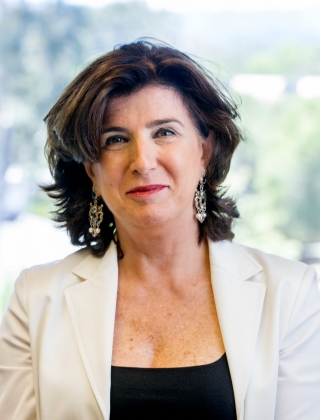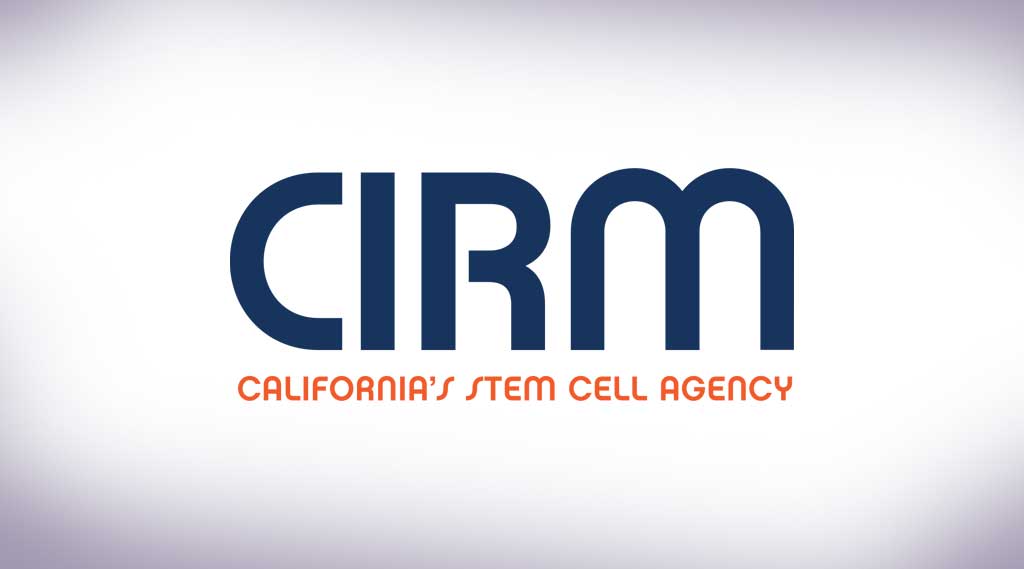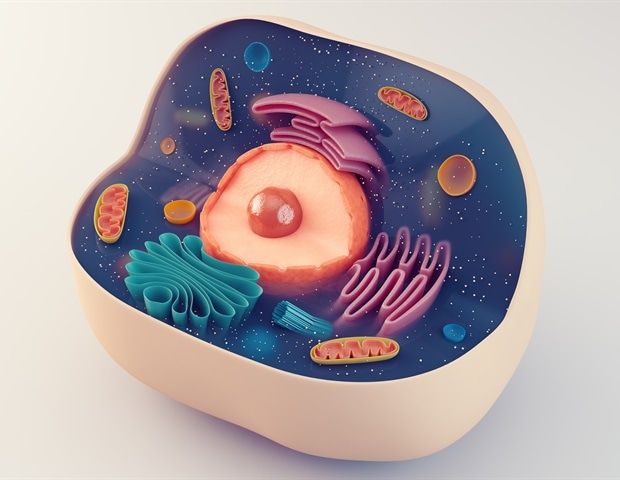Stanford researcher Maria Grazia Roncarolo has been awarded $12 million by the California Institute for Regenerative Medicine for a trial aimed at improving the outcomes of stem cell transplants in children and young adults with blood cancers.
November 2, 2021 – By Krista Conger – Link to Article

Maria Grazia Roncarolo
The California Institute for Regenerative Medicine has awarded nearly $12 million to support a clinical trial of a new cell-based treatment to improve outcomes and survival rates among children and young adults with blood cancer who receive a stem cell transplant.
The treatment, named T-allo10, aims to improve immune responses to pathogens and cancer without increasing the likelihood of graft-versus-host disease in patients who must receive a transplant from an imperfectly matched donor.
The trial will be led by Maria Grazia Roncarolo, MD, professor of pediatrics and of medicine. Roncarolo is the George D. Smith Professor of Stem Cell and Regenerative Medicine, director of the Stanford Center for Definitive and Curative Medicine and co-director of the Institute for Stem Cell Biology and Regenerative Medicine.
“Every year around 500 children receive stem cell transplants in California, and while many children do well, too many experience a rejection of the transplant or a relapse of the cancer,” Maria Millan, MD, president and CEO of the institute said in a press release. “Finding an improved therapy for these children means a shorter stay in the hospital, less risk of the need for a second transplant, and a greater quality of life for the child and the whole family.”
The current standard of care for many blood cancers is a two-part treatment of chemotherapy to destroy a patient’s cancer cells followed by a transplant of blood and immune stem cells from an immunologically matched donor. However, patients sometimes only have the option of receiving a transplant that’s a partial immunological match, increasing the risk of graft-versus-host disease, in which the donor immune cells attack the recipient’s tissues. To reduce this risk, a subset of the donated cells is removed prior to transplant, which in turn increases the chance of a cancer relapse or dangerous infection.
Roncarolo and her team will test T-allo10, in which mature immune cells are concurrently administered with cells called type 1 regulatory T cells, or Tr1 cells, from the donor after a stem cell transplant. The Tr1 cells, which were originally discovered by Roncarolo’s team, reduce the likelihood that the donor’s immune cells will perceive the recipient’s tissue as foreign.
T-allo10 is intended to improve transplant outcomes by reducing cancer recurrence and infection rates, as well as the likelihood of graft-versus-host disease.
“My team and I are thrilled to receive CIRM’s support for our immunotherapy clinical trial, which may help patients with leukemia receiving a blood stem and progenitor cell transplant from nonperfectly matched donors — a population that continues to suffer poor outcomes and that has high unmet need,” Roncarolo said. “T-allo10 is unique, as it contains both Tr1 cells, which prevent graft-versus-host disease and rejection, and cells that can fight infections and eliminate residual cancer cells in a single cell product. The development from the bench to the bedside of a Tr1 cell-based product to improve the outcomes of stem cell transplant and induce tolerance is a shining example of the cutting-edge translational work conducted at the Stanford Center for Definitive and Curative Medicine.”

Krista Conger
Krista Conger is a science writer in the Office of Communications. Email her at [email protected].




